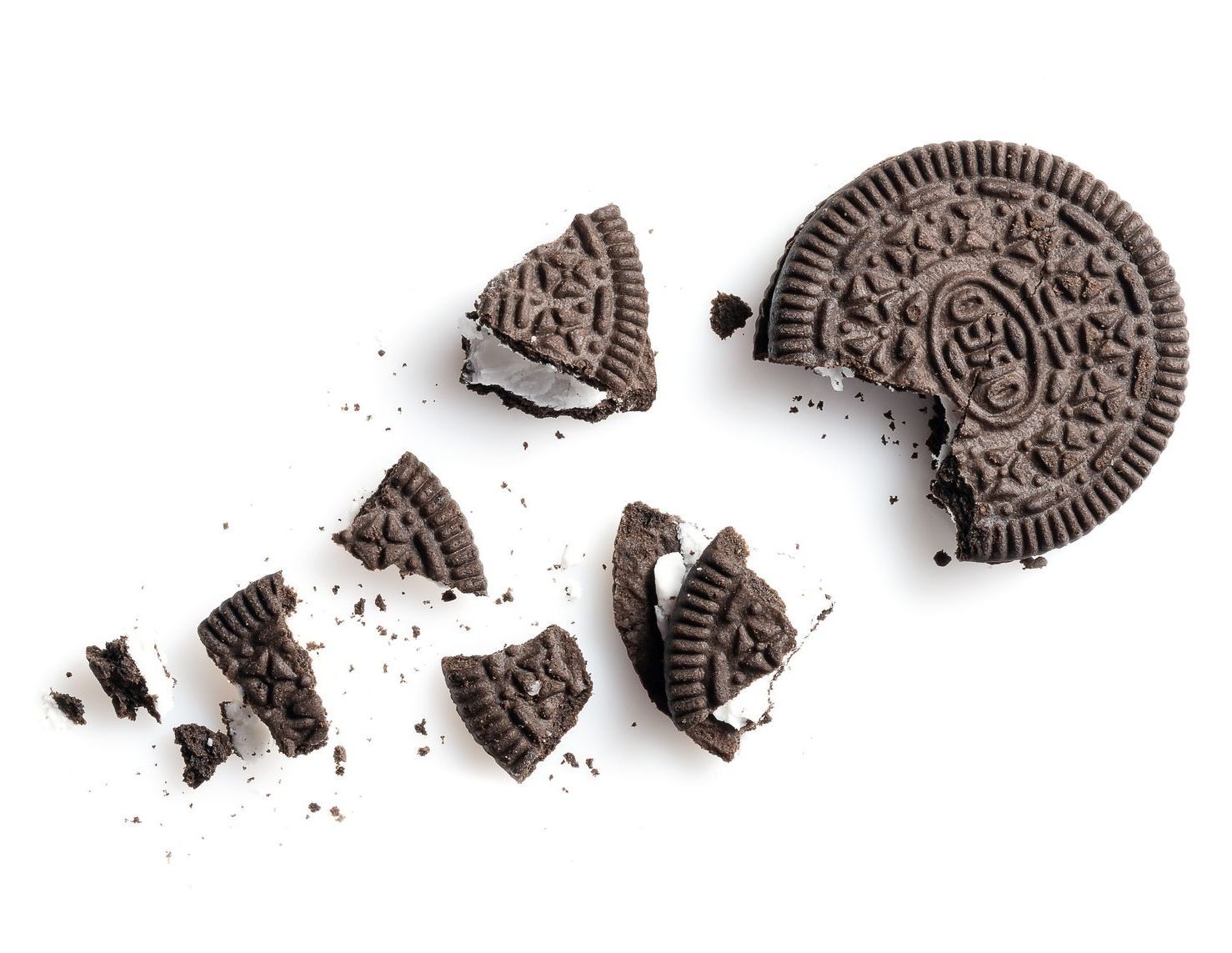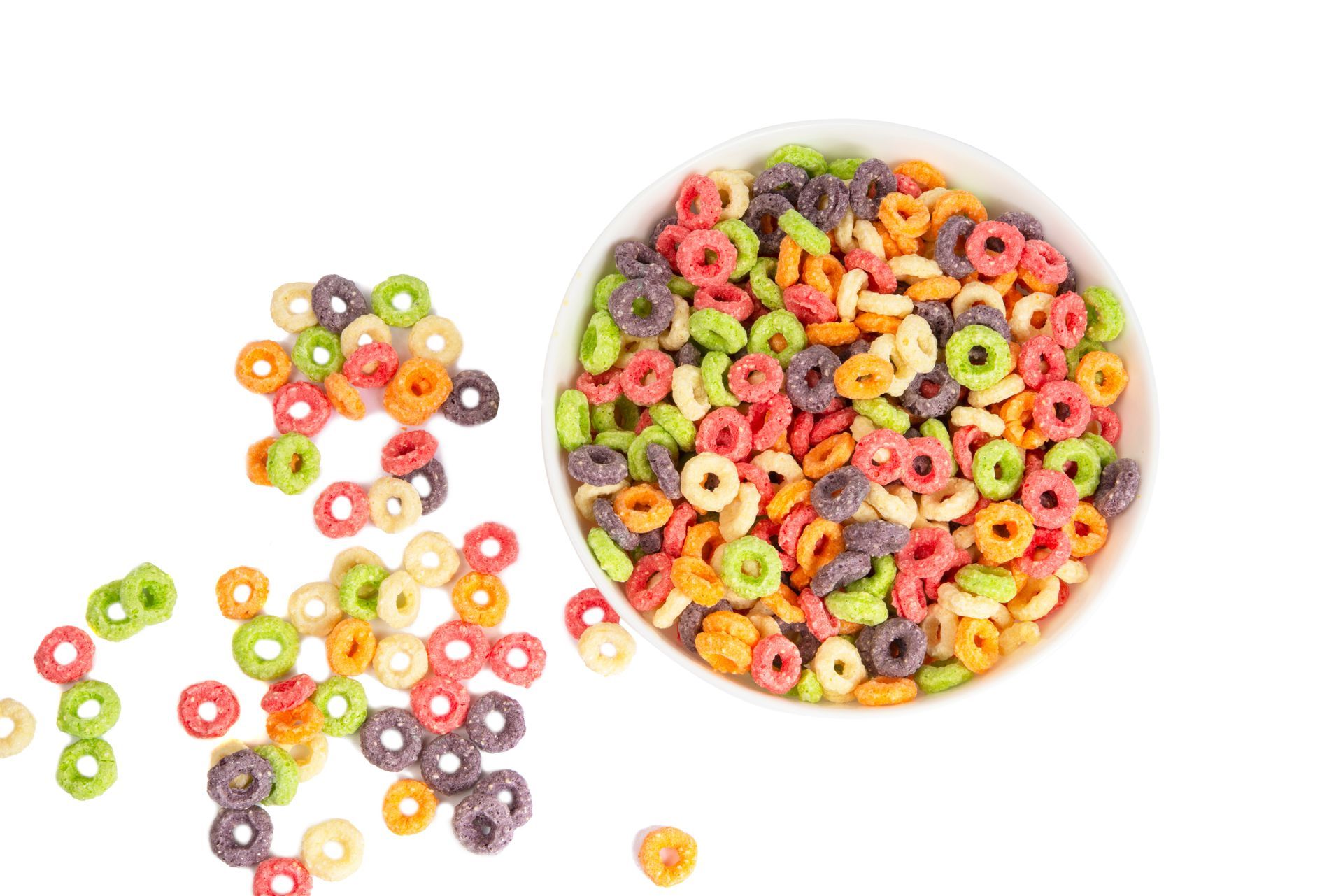FOOD TO DIE FOR
In light of recent enactments against highly processed foods, one nutritionist gives tips on approachable steps for living a healthier life.
story by Antonia DePace

If we are what we eat, then Nantucket Cottage Hospital nutritionist Suzanne Davis is deeply concerned as to the state of food in America. “I would encourage, as an American citizen, to address the fact with the powers that be, that Europe has [the ban on certain additives]. Those food additives aren’t in their food. … So that is a subject in and of itself,” says Davis, who focuses on patients with diabetes.
The Golden State was added to the list of those taking a stand against the nation’s ultra-processed foods— on April 11, the California State Assembly’s Committee on Health approved a bill to ban brominated vegetable oil, potassium bromate, propylparaben, red dye No. 3 and titanium dioxide for food use—five substances that may be linked to serious health problems like higher cancer risk, nervous system damage, hyperactivity and more. And they’re used much more commonly than you’d imagine—think many ultra- processed brand-name breads, donuts, trail mix, candy and more.
The bill, which is the first in the nation, would make California the first state to target substances like these if enacted. And because of this, it brings some very important questions to light for the rest of America, including Nantucket, where access to groceries relies heavily on the nearest Stop & Shop or Bartlett’s Farm. Why were these ingredients approved for food use from the start? How do you identify them on the back of a food label? A deep dive into these topics can be overwhelming to the health- conscious reader, let alone someone who is trying to make a healthier life change from a beginner’s point of view. Davis approaches educating her patients differently, with a focus on incorporating highly nutritional foods, some of which may contain values that have otherwise been removed due to additives.


She uses fiber as an example. “It’s stripped from our diets,” she explains, “which is why we have all these unhealthy microbiomes, which could be leading to some of these chronic illnesses.” According to the study, “The Health Benefits of Dietary Fibre,” published in the journal Nutrients in 2020, consuming the recommended daily intake for adults (30-35 grams for men, 25-32 grams for women) could help to improve gut motility, body weight, metabolic health and insulin sensitivity, all while possibly reducing the risk of chronic inflammation, depression, cardiovascular disease, colorectal carcinoma and more. And this is only one nutritional value that’s been plummeted to the back of the line as haphazard ingredients are pushed to the front.
Which brings us back to another question. Is there any way around truly removing harmful additives from the American diet without an enacted bill to prohibit them completely? For many people, it’s hard and not approachable in today’s world. Even then, there are tips that Davis follows and passes to her patients that help to navigate a better and healthier eating system. “My number one rule is if there’s one thing you can eliminate from your day-to-day life, it’s any type of sweetened beverage, whether it’s juice, soda, you name it, just get rid of it,” she explains.
“So I take an approach with people that is setting goals that are attainable.” Other helpful steps include removing candy, shopping the perimeter of the grocery store where the most nutrient-dense foods live, and buying food that has a label consisting of five ingredients or less. Davis concludes, “Everybody wants a quick fix. It’s hard for people to buy in for the long run. And this is the long run. It’s your body. It’s like putting diesel fuel in a regular car. … If you did that, you’d end up with a problem. It’s a long-term change that needs to be incorporated.”


THE BREAKDOWN
Eliminate sweetened beverages.
Shop the perimeter of the grocery store first for the most nutrient-dense foods.
Prioritize food that has an ingredient list of five items or less.
Be consistent—this is a long-term change, not a quick fix.
Click HERE for healthy meal and snack ideas from Suzanne Davis






